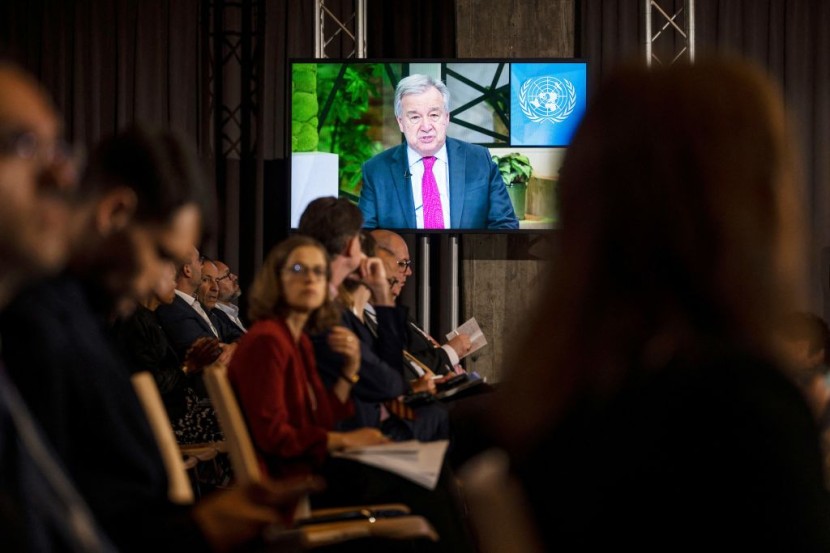
A top United Nations official warned Wednesday that the surge in global food, fuel, and fertilizer costs prompted by the ongoing war in Ukraine put countries at risk of "global destabilization, starvation, and mass migration on an unprecedented scale."
David Beasley, head of the U.N. World Food Program, presented the latest analysis indicating "a record 345 million acutely hungry people are marching to the brink of starvation". The figure indicates a 25% increase from 276 million at the beginning of 2022 before Russia attacked Ukraine on Feb. 24. Before the COVID-19 pandemic in the first quarter of 2020, the number stood at 135 million.
Beasley warned of "a real danger" that the number of hungry people will spike in the coming months, according to a report from NPR.
"Even more worrying is that when this group is broken down, a staggering 50 million people in 45 countries are just one step away from famine," he noted.
World Hunger Gets Worse
Beasley presented the study findings during a high-level UN meeting for the release of the "The State of Food Security and Nutrition in the World" report, which indicates the rise in world hunger in 2021, with around 2.3 billion people experiencing moderate or severe difficulty in obtaining enough food.
The report also showed an increase in the number of people facing severe food insecurity to around 924 million.
According to the research, when food intake is insufficient to maintain an active and healthy life, it is called "undernourishment." This problem worsened last year as between 702 million and 828 million people experienced hunger in 2021.
The impact of the conflict in Ukraine on global food security and availability "means the number of chronically hungry people in the world is likely already much higher than the 828 million," according to Beasly.
Russia and Ukraine exported, before the war, nearly a third of the world's wheat, barley, and half of its sunflower oil.
Potash, a crucial fertilizer ingredient, is produced in the world's second and third highest volumes by Russia and its ally Belarus, respectively.
Ukraine and Russia's Agricultural Exportations Must Resume
Beasley urged an immediate political resolution so that Ukrainian wheat and grain could re-enter world markets.
UN Secretary-General Antonio Guterres has been working to arrange a package to allow both Russia and Ukraine to export grain and fertilizer again. As of Wednesday, negotiations are ongoing, according to UN spokesman Stephane Dujarric.
According to the most recent UN analysis, as conflicts, climatic extremes, economic disruption, and inequality heightened, the effects on food security and nutrition could be "potentially sobering."
In 2020, around 22% of children under five were underdeveloped, and 45 million suffered from a fatal form of malnutrition called wasting, which elevates the mortality risk by up to 12 times, per Al Jazeera.
The study also urged an overhaul of agricultural policies, claiming that the $630 billion in annual support for the global food and agriculture sector distorts market prices, fails to benefit small-scale farmers, harms the environment, and does not support the production of nutritious foods.
The UN report pointed out that "evidence suggests that if governments repurpose the resources they are using to incentivize the production, supply, and consumption of nutritious foods, they will contribute to making healthy diets less costly, more affordable, and equitably for all."
In his comment to the report published on WHO website, International Fund for Agricultural Development President Gilbert F. Houngbo noted: "These are depressing figures for humanity. We continue to move away from our goal of ending hunger by 2030. The ripple effects of the global food crisis will most likely worsen the outcome again next year. We need a more intense approach to ending hunger and IFAD stands ready to do its part by scaling up its operations and impact. We look forward to having everyone's support."
Related Article : Russia Criticizes Leak of Putin-Macron Call Highlighting Leaders' Heated Exchange Days Before the Ukraine Invasion
© 2026 HNGN, All rights reserved. Do not reproduce without permission.







